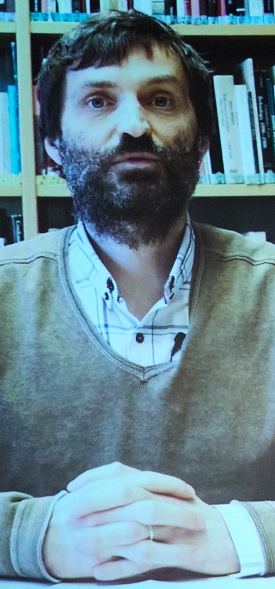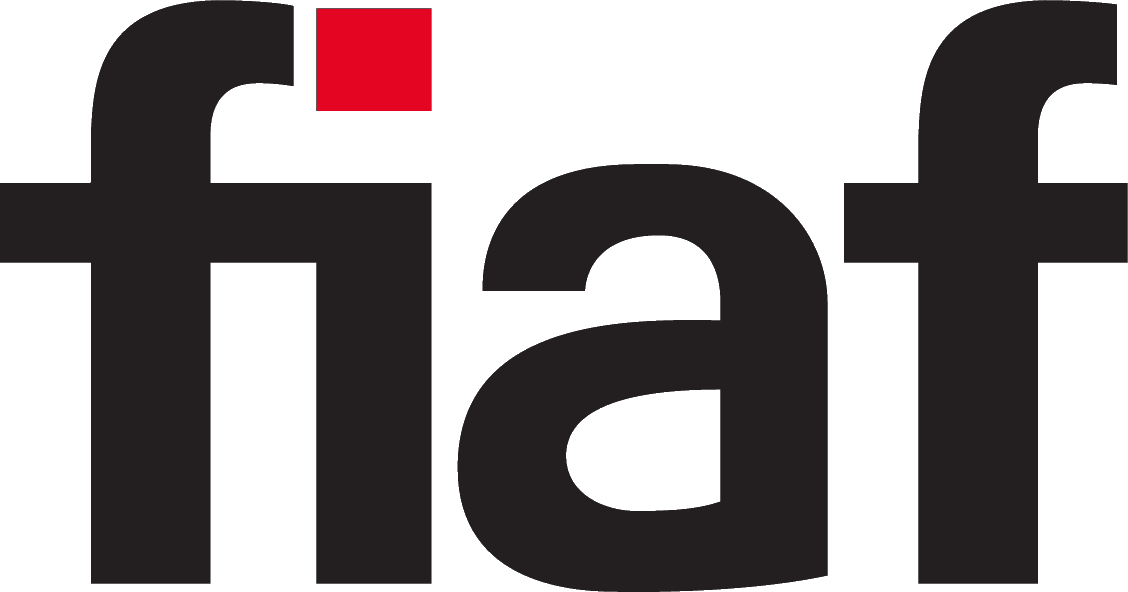Go back to main page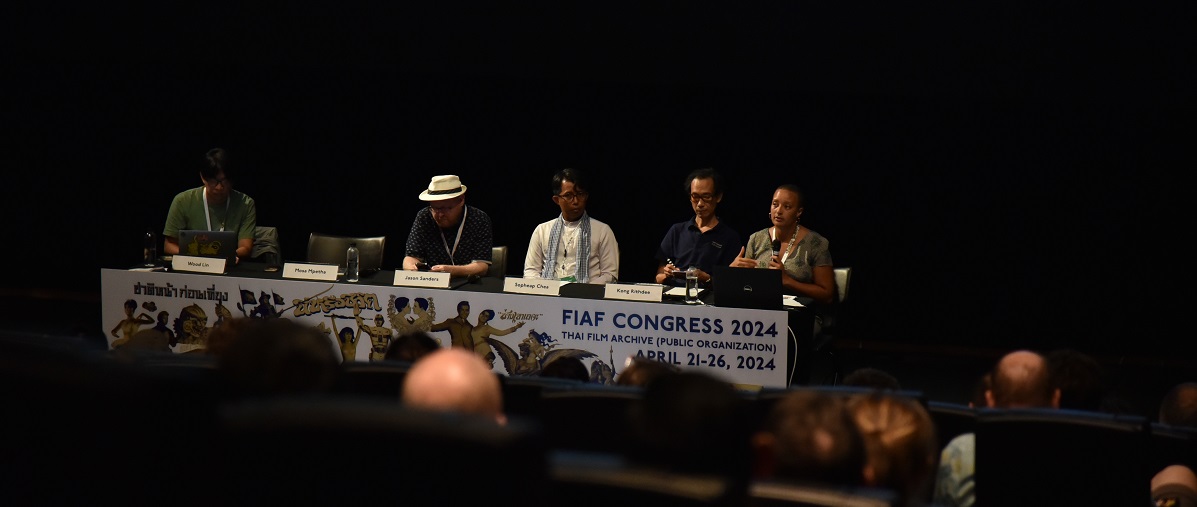 ©Thai Film Archive
©Thai Film Archive
2024 Bangkok Symposium
Session 6 - Access and Programming : Reflections on Circulation and Responsibilities
Bangkok, 23 April 2024
Please do not publish or re-use in any way any of these documents without prior permission of the speakers.
Programming Archive Film as an Artistic/Decolonial Practice : How to Curate the Retrospective of Green Team
Wood Lin (Taiwan Film & Audiovisual Institute)
In the late 1980s, Taiwan underwent significant social and political changes, marked by the end of martial law in 1987. During this period, the Kuomintang (KMT) government tightly controlled media and film, suppressing local cultures and identities. The advent of portable video technology empowered independent media collectives like the Green Team, founded in 1986 by Wang Chih-chang, to document and expose social movements that were often misrepresented by mainstream media. The Green Team captured critical footage of these movements, challenging the official narrative and contributing to Taiwan's democratization. Although the group disbanded in 1990 after achieving its goals, their work was later recognized as crucial to Taiwan's historical and cultural heritage, culminating in a retrospective exhibition in 2016 that highlighted the ongoing importance of their efforts in promoting truth and decolonization.
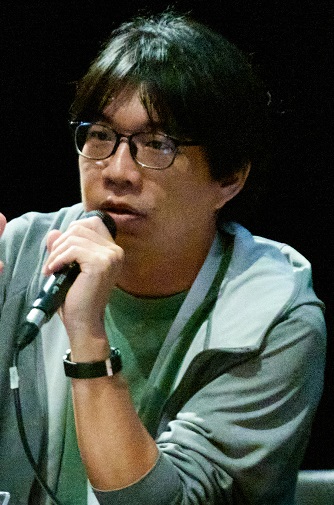
An African Archive Research Trip : Reflections on Responsibilities, Ownership and Access
Mosa Mpetha (Independent Archivist)
This presentation is a reflective overview of a research trip on African film archives taken in early 2023 to South Africa, Burkina Faso, Paris and London. Mosa Mpetha is a film programmer based in the UK who specialises in presenting African films to African diaspora audiences. This presentation documents her background and activity in African film programming, it outlines her research trip which intended to widen her horizons in accessing African archives. The presentation then goes on to interrogate her understanding of access to, then ownership and management of archive material. Finalising in suggestions for further support for programmers of African archive film.
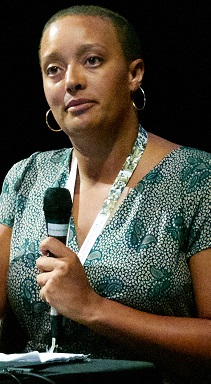
Bophana and BAMPFA: Sharing Collections, Providing Access, and Bophana's Fight to Rebuild Film Culture in Cambodia
Jason Sanders (Berkeley Art Museum and Pacific Film Archive)
Sopheap Chea (Bophana Audiovisual Resource Center)
The Bophana Center, dedicated to preserving Cambodia's audiovisual heritage, meticulously collects and archives films, photographs, and sound recordings, safeguarding them for future generations. Despite challenges, such as the recent acquisition of super 8 prints requiring specialized digitization, the Center remains committed to maintaining and expanding its collection. To ensure public access to these resources, the Center offers a digital library, regular film screenings, public lectures, and a mobile cinema program, among other initiatives. Additionally, Bophana empowers youth, including indigenous communities, through filmmaking training, enabling them to document and preserve their cultural narratives.
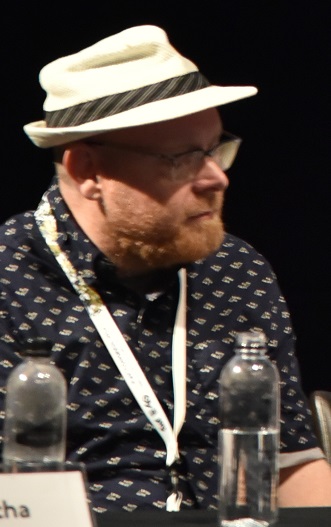
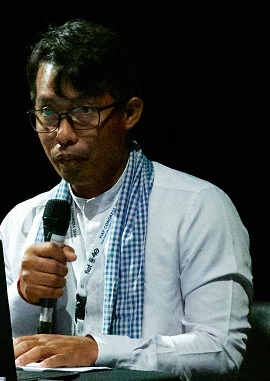
Rethinking Rule 96 : Redistribution of Wealth within Film Preservation Community (FIAF and beyond) through Film Programming
Jurij Meden (Austrian Film Museum)
Rule number 96 of the FIAF Statutes & Rules postulates (among many other things) that Members of FIAF should “limit, as much as possible, costs involved in collaborative work”, which should include “waiving access fees for loans.” That said, we live in a world governed by increasing social and economic inequality of monstrous proportions – something that the FIAF community is not immune to. A sum perceived as negligible and easily affordable by an archive in the Global North, for example an access fee, can represent a monthly paycheck for an archive in the Global South. This is something that curators from the Global North with relatively generous budgets for film loans should bear in mind when striving to update their local film canons and diversify their film programs with cinema of the Global South. They should consequently insist on compensating their colleagues from the Global South and on updating Rule number 96 with common sense solidarity. The presentation will be illustrated by case studies in which rental/access fees fuel film restoration and preservation projects.
